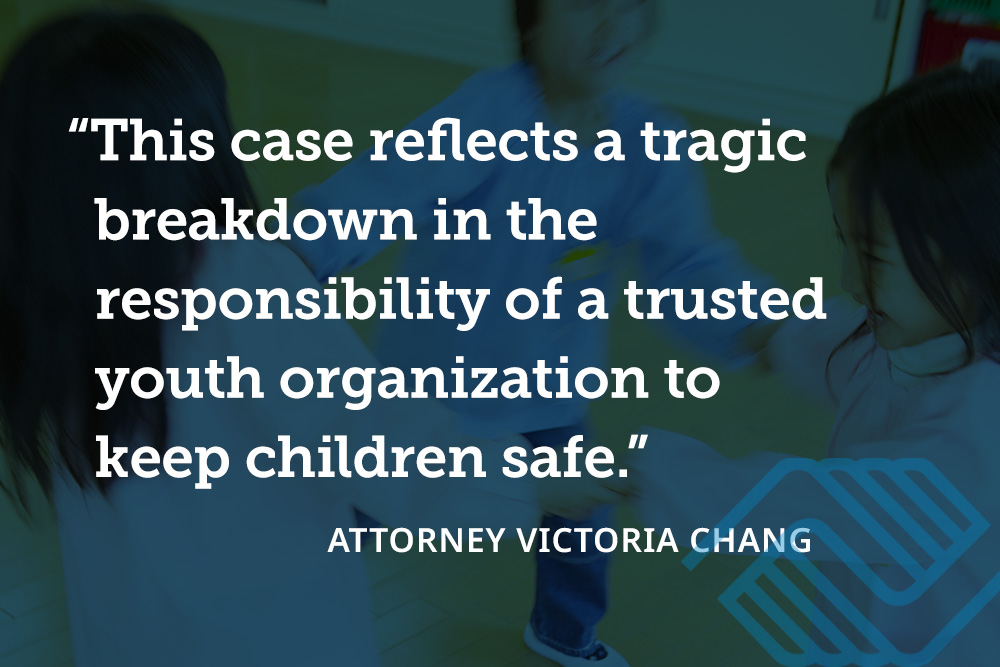HONOLULU – The Hawai’i law firm Galiher DeRobertis & Waxman has filed a lawsuit against the Boys & Girls Club of Hawai’i (BGCH), alleging the organization failed to protect a 10-year-old boy from repeated sexual abuse, harassment and bullying by another student at its Spalding Honolulu Clubhouse.
According to the lawsuit, BGCH staff ignored repeated reports of abuse from the victim, his 9-year-old sister and their mother between November 2023 and March 2024, and the alleged perpetrator—a fellow student at Lunalilo Elementary School—remained in the same program and continued his assaults. The abuse included physical and sexual assaults, racial harassment and repeated bullying that left the young victim traumatized and in need of professional counseling.









